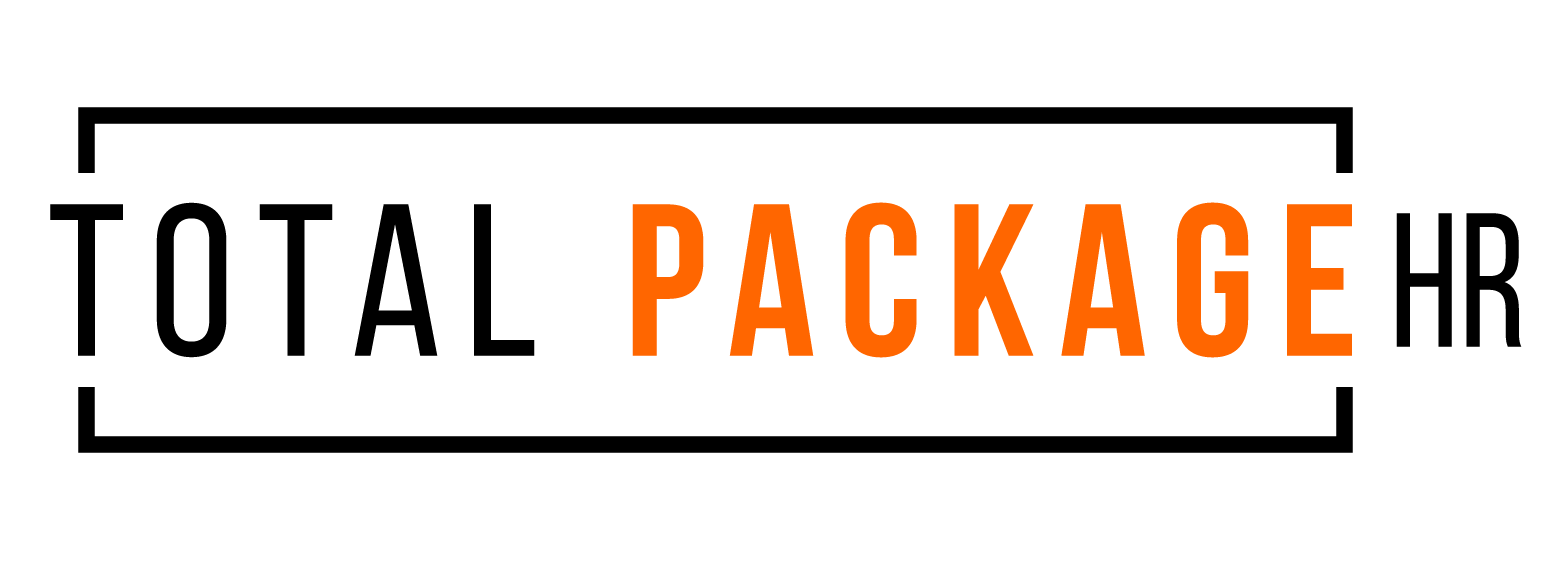New CA Background Check Rules
New Background Check Rules
This alert is for employers with California employees who currently conduct background checks, or are considering conducting them in the future. As of October 1st California has enacted new regulations regarding background checks in employment. While already highly regulated, California’s new regs provide some additional guidelines.
Existing regulations:
- Since 2018, California employers have been prohibited from asking a candidate during the recruiting process about any criminal history.
- Background checks cannot be run until a conditional offer of employment is made to an individual; preferably in writing.
- Employers are required to provide disclosure notices and obtain authorization from the new employee before initiating a background check, and background checks really should only be done through a reputable background check company.
- When a criminal record is found on a background check, employers must follow what is called the Pre-Adverse Action process when determining whether or not to continue to move forward with the candidate in light of the history discovered.
- Employers are prohibited from following blanket rules that disqualify all individuals with any type of criminal background; an analysis must be done to weigh the many factors of the criminal history with the job.
- If a decision is made not to move forward with the candidate, and to rescind the offer of employment, the Adverse Action process must be initiated as the final step.
- Employers who are not familiar with these steps should seek guidance, TPHR is here to help.
- Highlights of the new regulations:
- Employers are specifically prohibited from stating in any job advertisements individuals with a criminal background will not be considered.
- Even if an applicant volunteers information about criminal history during the application/recruiting process, the employer is prohibited from using that information in their decision-making process.
- When a criminal record is found, and employers are going through the Pre-Adverse Action process, the new regulations give us more specific guidelines about the individual assessment that must be completed before making a final decision about the individual. While not an all-inclusive list, the factors provided and summarized below, in our opinion give more clarity than we had in the past:
- The nature of the offense:
- Was there harm to people/property and to what degree
- What was the context in which it happened
- Was it a result of a disability, which may include past drug addiction, or mental impairment, and if so to what degree is the likelihood of similar harm in the future
- Did trauma, domestic violence, sexual assault, stalking, human tracking, or similar factors contribute to the offense
- The age of the individual when the offense occurred
- Time passed since:
- How much time has passed since the offense
- If incarcerated as a result, how much time has passed since release
- Nature of the job
- What are the duties, and how are they related
- What is the probability of the past offense/harm happening in the workplace
- Evidence of rehabilitation and mitigating circumstances
- Employers must consider any evidence of actions taken to rehabilitate or mitigate the offense.
- When going through the Pre-Adverse Action process, employers must provide at least five business days for the individual to respond. Employers must be able to prove they provided sufficient time.
- Finally, the regulation redefines the terms applicant and employer:
- “Applicant” means any individual applying for employment employment, transfer, or promotion.
- Meaning, these regulations also apply when conducting background checks for current employees being promoted or otherwise transferred to a new role within the same company.
- “Employer” means an employer with five or more employees and includes the agent of an employer with five or more employees.
- Meaning, these regulations also apply when applicants/employees are provided by a staffing agency.
- “Applicant” means any individual applying for employment employment, transfer, or promotion.
- The nature of the offense:
While this may seem like a long list of regulations, much of this is not really all that new. We feel much of this is actually good guidance to help employers navigate this sensitive and tricky process. If you need help updating policy or practice, or helping you/your team to better understand the rules and regulations surrounding conducting background checks, reach out to your friends at TPHR!






